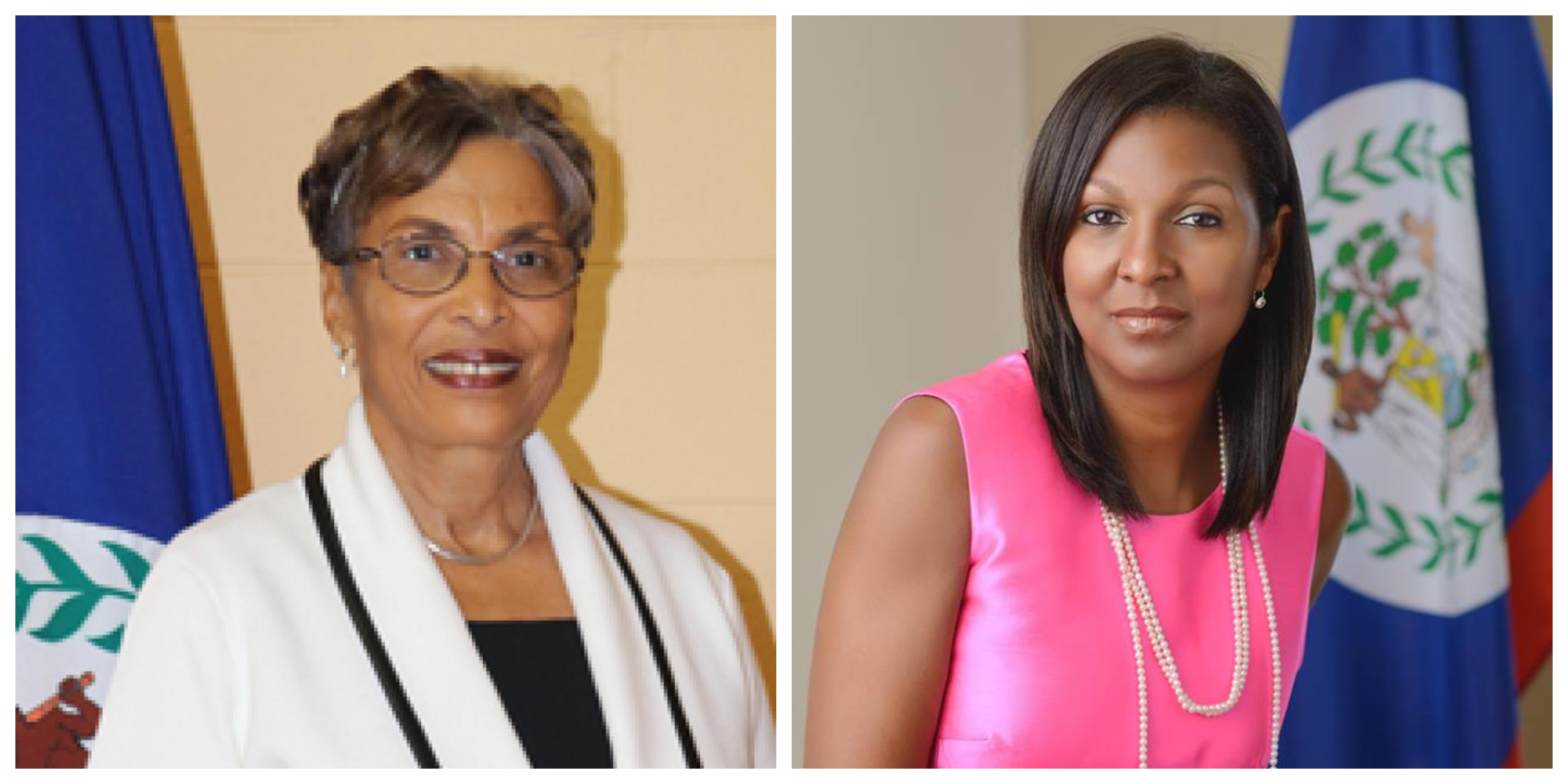
NAC Belize Championing Anti-discrimination Bill
In 2004, the National AIDS Commission (NAC) Belize became a statutory body with a legal mandate for coordination, monitoring, advocacy action and policy development in relation to HIV and AIDS in Belize. Its Policy and Legislation Project then provided input into the National Policy on HIV and AIDS adopted in 2005.
The NAC’s constitution calls for the state to address the social and economic disparity between citizens and even acknowledges the need for non-discriminatory treatment in law by authorities. Differential treatment of women, children and other social groups in the workplace, school settings and communities calls for scaling up of Civil Rights legislation and regulations that examine standards for service delivery that affect the users of our health system who are impacted by socio-economic and civil rights issues that affect access to justice.
Without comprehensive HIV and AIDS laws, general anti-discrimination laws, or a human rights act to legally enforce non-discrimination against People Living with HIV (PLHIV), there will be challenges in ensuring equal access to prevention, care, treatment, and support by key populations, as well as the full enjoyment of PLHIV in all aspects of social, cultural, civil, and political life.
Hence, the NAC Belize has championed the cause of drafting an anti-discrimination bill based on the CARICOM Model Anti-Discrimination Bill. The bill aims to establish a comprehensive anti-discrimination law addressing multiple areas of discrimination in Belize.
The anti-discrimination bill is being supported jointly by Hon. Laura Tucker-Longsworth OBE, National AIDS Commission Chair and Ms Kim Simplis Barrow, First Lady of Belize, Special Envoy for Women and Children and Chair of the Spouses of CARICOM Leaders Action Network (SCLAN).
It is the goal of the NAC and its partners that by the end of 2019, Belize will have a robust and all-inclusive anti-discrimination law that effectively addresses stigma and discrimination.
WHAT IS PANCAP?
PANCAP is a Caribbean regional partnership of governments, regional civil society organisations, regional institutions and organisations, bilateral and multilateral agencies and contributing donor partners established on 14 February 2001. PANCAP provides a structured and unified approach to the Caribbean’s response to the HIV epidemic, and coordinates the response through the Caribbean Regional Strategic Framework on HIV and AIDS to maximise efficient use of resources and increase impact, mobilise resources and build the capacity of partners.
What are the Global AIDS Strategy 2021–2026 targets and commitments?
If targets and commitments in the strategy are achieved:
- The number of people who newly acquire HIV will decrease from 1.7 million in 2019 to less than 370 000 by 2025
- The number of people dying from AIDS-related illnesses will decrease from 690 000 in 2019 to less than 250 000 in 2025.
- The goal of eliminating new HIV infections among children will see the number of new HIV infections drop from 150,000 in 2019 to less than 22,000 in 2025.
What are the 95-95-95 Targets for ending AIDS?
- 95% of People Living with HIV know their HIV status;
- 95% of people who know their status on treatment; and
- 95% of people on treatment with suppressed viral loads.
HELPFUL LINKS:
Global AIDS Strategy 2021–2026, End Inequalities, End AIDS
https://pancap.org/pancap-documents/global-aids-strategy-2021-2026-end-inequalities-end-aids/
Caribbean Regional Strategic Framework on HIV and AIDS (CRSF) 2019-2025
https://pancap.org/pancap-documents/caribbean-regional-strategic-framework-2019-2025/
